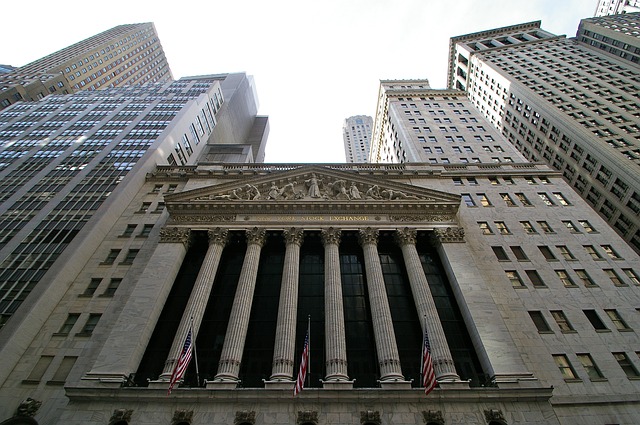
As President-elect Donald Trump prepares to take office for a second nonconsecutive term, there’s speculation around significant restructuring within the U.S. federal government, particularly targeting regulatory bodies like the Federal Deposit Insurance Corporation (FDIC) and the Consumer Financial Protection Bureau (CFPB). Trump has already hinted at major cuts in federal spending and has set up a new advisory board, the Department of Government Efficiency (DOGE), co-chaired by Elon Musk and Vivek Ramaswamy, to explore these changes.
The FDIC, established during the Great Depression to safeguard bank deposits, has been a cornerstone of financial stability in the U.S., ensuring that no depositor has lost insured funds due to bank failures for nearly a century. However, discussions have surfaced about potentially integrating its functions into the Treasury Department, arguing that this could streamline government operations by reducing the number of agencies while maintaining essential services. Critics like William Isaac, former FDIC chairman, argue vehemently against such a move, emphasizing the FDIC’s role in providing unparalleled stability to the banking sector. Supporters like Tomas Philipson from the University of Chicago suggest that efficiency might be improved by reducing redundancy in regulatory oversight, but this comes with warnings from figures like Brett House from Columbia Business School, who believes that dismantling the FDIC could harm the U.S. economy by destabilizing the consumer lending system and small business financing.
On the other side, the CFPB, a newer agency born out of the 2008 financial crisis, has been under scrutiny for its regulatory approach. Elon Musk has publicly questioned the necessity of the CFPB, highlighting what he sees as an excess of regulatory agencies. The CFPB’s mission to protect consumers from unfair financial practices has led to significant actions, like efforts to reduce credit card late fees, but it’s also faced criticism for what some perceive as ideologically driven policies. The Consumer Bankers Association has pushed for reforms, suggesting the repeal of recent rules, while consumer advocates like Richard Dubois from the National Consumer Law Center defend its role in safeguarding consumers against predatory practices.
The potential dismantling or significant alteration of these agencies stirs debate about the balance between regulatory efficiency and consumer protection. While some see the opportunity for government to become leaner, others warn of the risks associated with losing established protections that have become integral to both consumer confidence and market stability. Any major changes would require Congressional approval, given the legislative control over federal funding and agency creation. This discussion not only touches on operational efficiencies but also on the broader implications for consumer rights, financial stability, and the economy’s resilience against future crises.
Reference: CNBC
WallStreetPit does not provide investment advice. All rights reserved.
- Bulenox: Get 45% to 91% OFF ... Use Discount Code: UNO
- Risk Our Money Not Yours | Get 50% to 90% OFF ... Use Discount Code: MMBVBKSM
Disclaimer: This page contains affiliate links. If you choose to make a purchase after clicking a link, we may receive a commission at no additional cost to you. Thank you for your support!

Leave a Reply